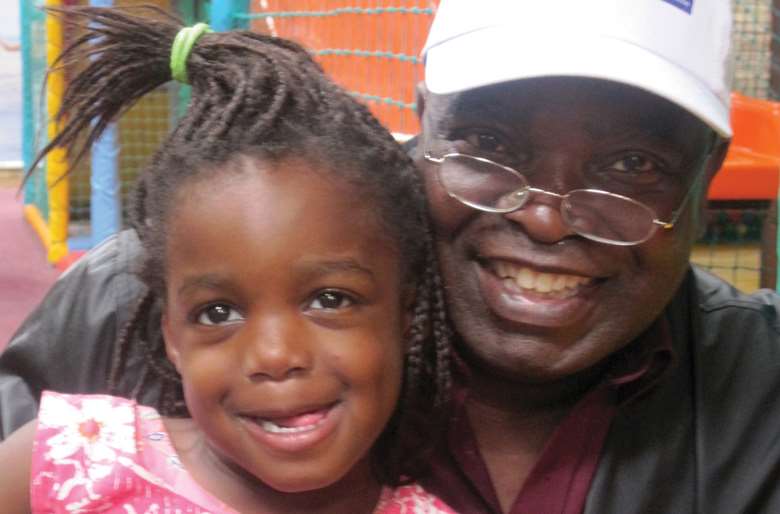Kinship support central to tackling 'care crisis', review finds
Neil Puffett
Tuesday, June 12, 2018
More children suffering abuse or neglect should be placed with their wider family in order to reduce numbers coming into the care system, a major review has concluded.

The Care Crisis Review, which launched last November, found that professionals need to collaborate more with families of vulnerable children and work with them towards a plan to allow them to stay with their relatives - an arrangement known as kinship care.
The number of children in care has risen dramatically in recent years, placing strain on local authority children's services departments and the family justice system.
Statistics published last year show that the number of children in care is rising at its fastest rate in five years, with 72,670 children in care in the 12 months to the end of March 2017, compared with 70,440 the year before and 69,480 in 2015.
The review, conducted by a coalition of children's services directors, academics, charities and legal experts, was launched following comments by England's most senior family court judge Sir James Munby that unless the increasing number of care applications was addressed the children in care system was facing "crisis".
It makes a total of 20 recommendations for change, but highlights the specific importance of the "significant untapped resource that exists for some children in and on the edge of care, namely, their wider family and community".
"Greater focus on exploring and supporting this resource could safely avert more children needing to come into care or could help them thrive in the care system," the review states.
The review identified significant local differences in the proportion of children in the care system who are raised in family and friends care.
The vast majority of children being raised by relatives are not in the care system, but the review heard that these children are often overlooked within policy and practice at local and national level.
The review also heard that 40 per cent of looked-after children living with relatives have lived with non-family foster carers before moving to live with a family foster carer and that "earlier or more extensive work to identify and support potential family carers within the family might have reduced the need for some children to be placed elsewhere".
Overall, the review found that professionals are "frustrated at working in a sector that is overstretched and overwhelmed" and in which, too often, children and families do not get the direct help they need early enough to prevent difficulties escalating.
The report said there was a "palpable sense of unease" about how lack of resources, poverty and deprivation are making it harder for families and the system to cope.
Meanwhile, contributors expressed a strong sense of concern that a "culture of blame, shame and fear has permeated the system, affecting those working in it as well as the children and families reliant upon it".
It was suggested that this had led to an environment that is increasingly mistrusting and risk averse and "prompts individuals to seek refuge in procedural responses".
Despite the concerns, the review found that the child welfare legislative framework is "basically sound" and there are some local authorities that are bucking the national trend.
It said the system works well sometimes, with children and families describing individual practitioners who had transformed their lives and professionals describing innovations, approaches and leaders who enable them to practice in a way that is respectful, humane and rewarding.
The review also found common agreement about the way forward, with a consensus that relationship building, both with families, and among professionals, is at the heart of good practice.
Nigel Richardson, former director of children's services in Leeds, who chaired the review, said: "Dealing with the crisis is complex - inevitably so, because children and families live increasingly complex lives.
"But making the difference cannot be just about constant re-structures, or ever-changing systems - the fundamental basis of our child welfare approach is encouragingly sound.
"The way forward has to be about working with complexity to offer hope. Offering an inclusive approach to family decision making so that families are helped to better understand the concerns about a child's welfare and then helped to co-ordinate and propose a safe response to those concerns from within their own, usually extensive, family and friends network.
"It's about moving away from an over-reliance on the language of assessment and intervention and more towards understanding and helping. It's about being less adversarial, risk averse and harsh and much more collaborative and kind."
Participants in the review, funded by the Nuffield Foundation and facilitated by Family Rights Group, included the Local Government Association, Ofsted, Cafcass, the Association of Directors of Children's Services, third sector organisations and alliances, members of the judiciary, lawyers, social care practitioners, young people and families.




